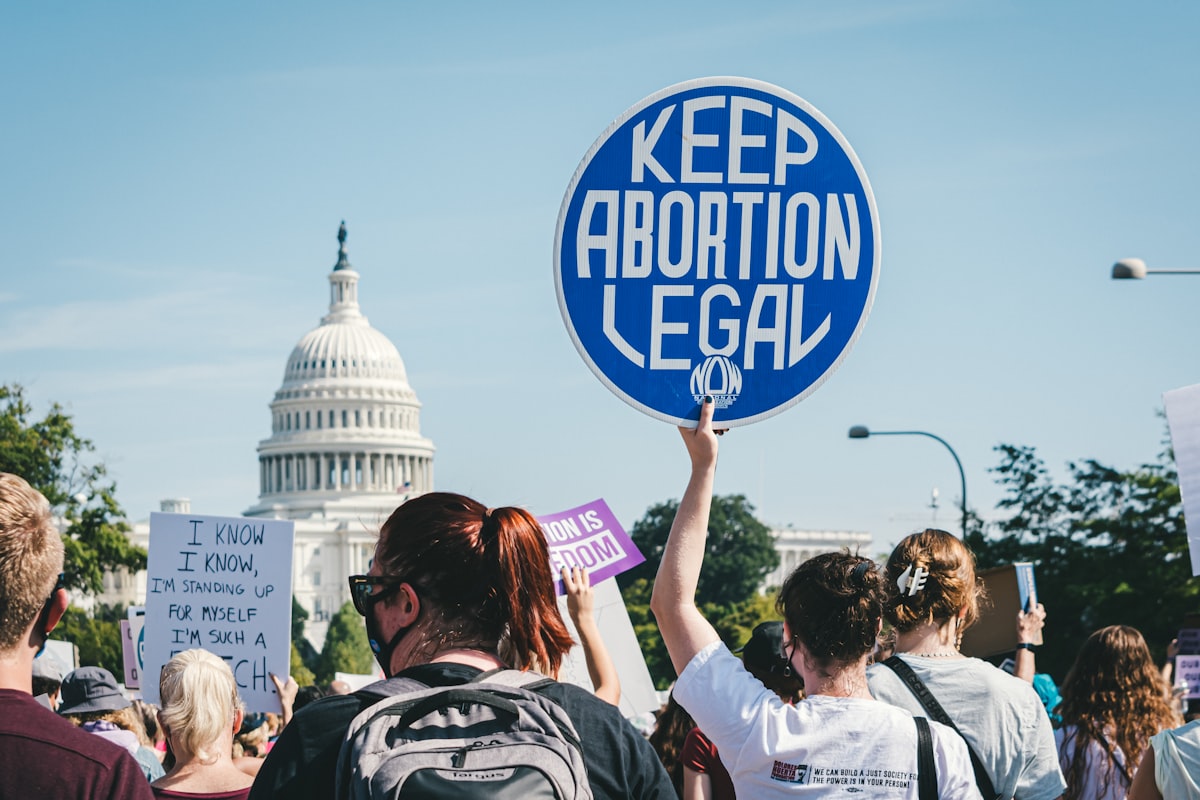The Supreme Court Will Determine What Is Emergency Care For Pregnant Patients

Last week the Associated Press detailed several shocking examples of pregnant patients being turned away from emergency centers in states with abortion bans. The reporting is a stark reminder about the ramifications of these strict state laws, like the ones currently in place in Texas.
The AP obtained the records via the Freedom of Information Act. The records, received by Amanda Seitz, were for February 2022 to 2023 and covered all EMTALA complaints. EMTALA (also known as the Emergency Medical Treatment and Active Labor Act) is a federal law that requires all medical facilities to provide “stabilizing treatment” before discharging a patient.
The AP cites several stories in Texas about pregnant women who were refused treatment. Names were all redacted. One woman was nine months pregnant and experiencing contractions when she entered Falls Community Hospital in Marlin and a doctor on site told her she could not be seen and should drive to Waco.
Another instance detailed in the report concerns a pregnant woman in Houston who was bleeding when she arrived at Sacred Heart Emergency Center. She miscarried in a toilet in the lobby. These stories will likely continue to play out as the Supreme Court hears an abortion-related case this very week.
After Roe v. Wade was overturned in 2022, the Department of Health and Human Services issued a guidance to healthcare providers reminding them that EMTALA requires them to provide “stabilizing medical treatment,” which could include an abortion. The letter from HHS Secretary Xavier Becerra outlines how federal regulations supersede state laws that make abortions illegal. Moyle v. United States will determine whether federal EMTALA laws do take precedence over states with near-total abortion bans.
A district court in Idaho ruled in 2022 that the state’s abortion ban, which at the time did not have exceptions for the health of the mother, violated EMTALA. That decision directly contradicted another decision from a district court, this one in Texas, which blocked EMTALA from being enforced in the state.
A ruling by the Supreme Court will likely come in June. There have been several amicus briefs filed supporting the position of the Biden Administration about EMTALA. One of those amicus briefs is from the Center for Reproductive Rights, the group that filed a lawsuit in Texas over the Texas abortion ban on behalf of plaintiffs who were denied abortion care.
While all states with abortion bans, including Texas, have language that stipulates an abortion can be provided to save the life of the mother, it’s often vague and hard to interpret, according to medical professionals. A ruling on behalf of Idaho could mean emergency centers, fearful of being prosecuted or fined, will continue to deny care to pregnant patients who need it.
Texas Signal asked the American Society of Reproductive Medicine for a reaction regarding the AP’s reporting. “The statute is quite clear: Hospitals are required to care for emergency patients who show up at their door,” said Sean Tipton the Chief Advocacy and Policy Officer of ASRM. “It doesn’t say care for ones who have insurance, care for the patients whose politics you agree with, or even care for the ones your state legislature approves of: it just says provide care.”






